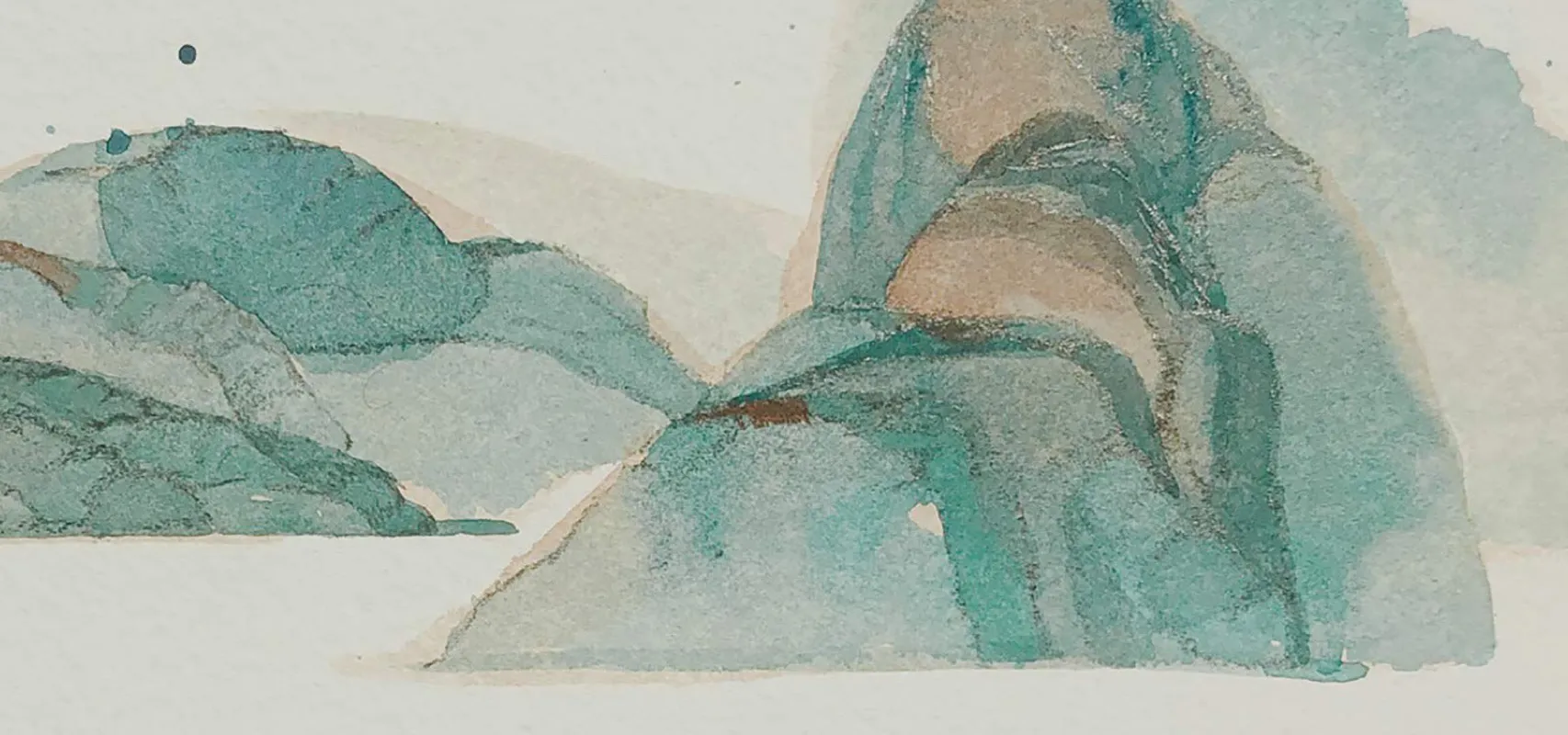Shangyang Fang’s acclaimed debut poetry collection meditates on desire and despair with quotes from Tang poets and techniques from Western classical music
In October this year, at the age of just 26, Shangyang Fang became one of the youngest poets to be published by the prestigious Copper Canyon Press, one of the leading publishers of new poetry in the US, when the press released his debut collection of poems, Burying the Mountain.
Having grown up in Chengdu, Fang moved to the US when he was 17, and is now a Wallace Stegner Fellow at Stanford—a prestigious creative writing program that boasts former US Poet Laureate Tracy K. Smith as an alumnus. In Burying the Mountain, over four chapters and just under fifty poems, Fang meditates on desire and despair, accompanied by somber images of nature and references to Western and ancient Chinese literature.
Loneliness and despondency subtly permeate scenes of lust in Fang’s collection, reminding us of the difficulty of becoming truly intimate with another person, no matter how hard we try. We get an immediate sense of this in “Argument of Situations,” the first poem of the collection, when Fang writes:
If my hands departed from his skin,
the heavens would collapse. The limit remained
even though we had used the same soap, same shampoo;
we smelled like the singularity of one cherry’s bloom.
The poem depicts a lovers’ quarrel over how to interpret an ink wash landscape painting, unfolding in between their love-making. But despite scenes of intimacy, the couple’s synergy is essentially fleeting and illusory. Limits remain “even though we had used the same soap, same shampoo”: impenetrable boundaries and loneliness persist even in conjugality.













